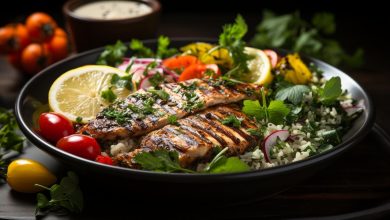Fueling for Weight Loss: Tips for Runners
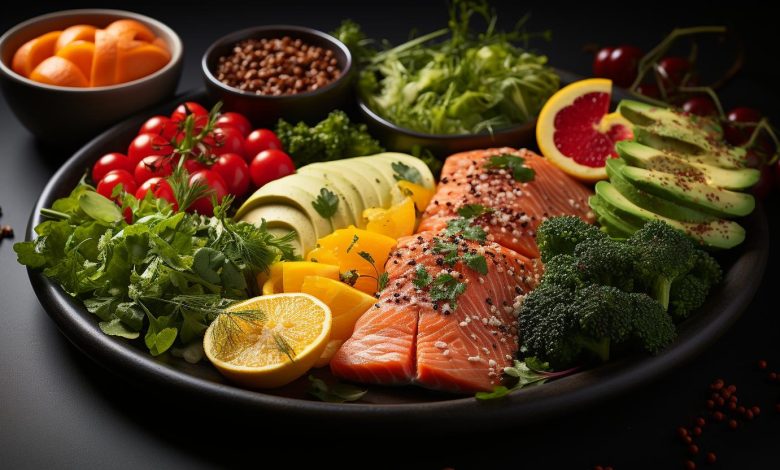
Are you ready to shed those extra pounds and reach your running goals? Fueling for weight loss is a crucial aspect of your journey. By following these evidence-based tips, you’ll not only optimize your nutrition but also enhance your performance on the track.
From balancing macronutrients to timing your meals and snacks, we’ve got you covered. Stay hydrated and fuel up during and after runs with these practical strategies.
Get ready to transform yourself into a lean, mean running machine!
The Importance of Proper Nutrition
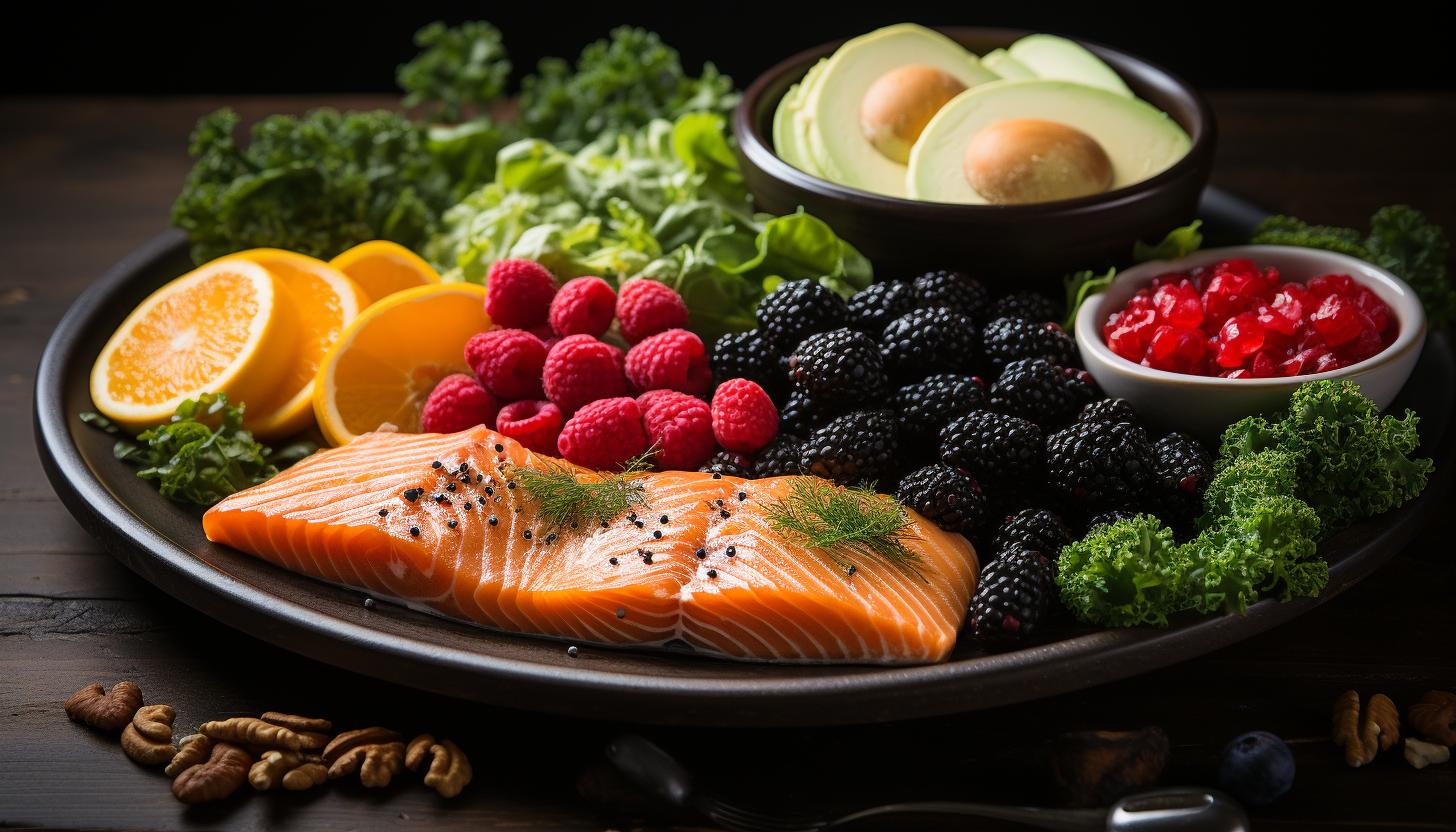
You can’t underestimate the importance of proper nutrition when it comes to fueling for weight loss as a runner. Nutrient timing plays a critical role in optimizing performance and maximizing fat loss. One key aspect of nutrient timing is consuming pre-workout meals that provide the necessary fuel to sustain your runs while promoting fat burning.
Before hitting the pavement, it’s important to have a well-balanced meal that includes carbohydrates, protein, and healthy fats. This combination helps provide sustained energy throughout your run and prevents muscle breakdown. Opt for foods like whole grain toast with almond butter and banana or Greek yogurt with berries and nuts.
Timing is crucial when it comes to pre-workout meals. Aim to eat 1-2 hours before your run to allow for proper digestion. This will prevent discomfort during exercise while ensuring you have enough stored glycogen for optimal performance.
Choosing the right foods before your runs can make a significant difference in your weight loss journey as a runner. By prioritizing nutrient timing and incorporating balanced pre-workout meals into your routine, you’ll be better equipped to meet your goals while keeping energy levels high and promoting fat burning during exercise.
Balancing Macronutrients for Weight Loss
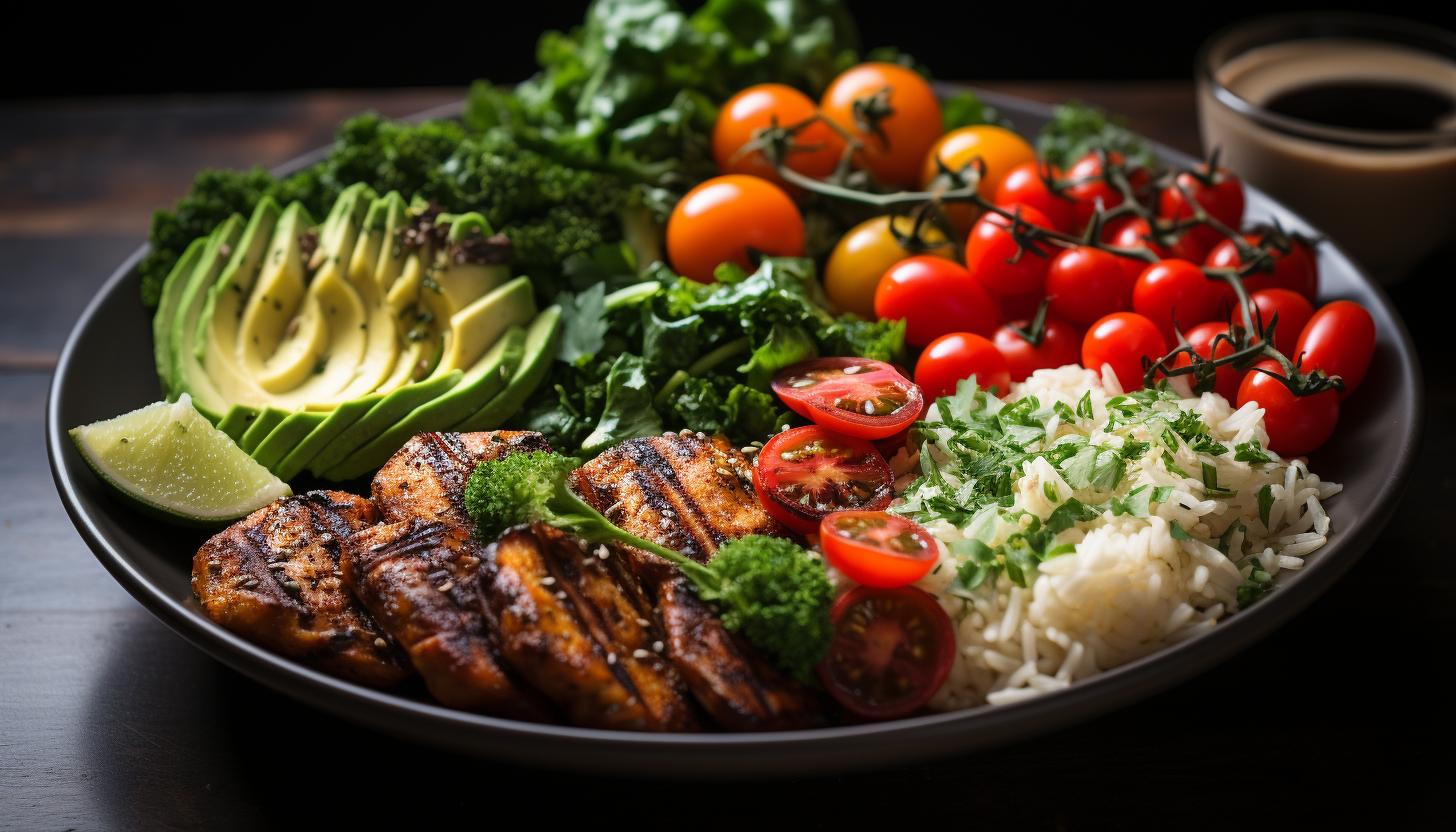
Balancing macronutrients is essential when trying to shed pounds. To achieve weight loss goals, it’s important to pay attention not only to the quantity of food you consume but also to the quality of nutrients that you include in your diet. Two key factors in this process are protein intake and portion control.
Protein is a vital macronutrient that plays a crucial role in weight loss. It helps build and repair tissues, promotes satiety, and boosts metabolism. Incorporating lean sources of protein such as chicken breast, tofu, or Greek yogurt into your meals can help you feel full for longer periods and reduce cravings.
Portion control is another important aspect of balancing macronutrients for weight loss. By being mindful about serving sizes, you can prevent overeating and ensure that you’re consuming an appropriate amount of calories. Using measuring cups or a food scale can be helpful tools to accurately gauge portion sizes.
To better understand how to balance macronutrients for weight loss, take a look at the example table below:
| Meal Component | Protein Source |
|---|---|
| Breakfast | 2 scrambled eggs |
| Lunch | Grilled chicken breast |
| Dinner | Baked salmon fillet |
Timing Your Meals and Snacks
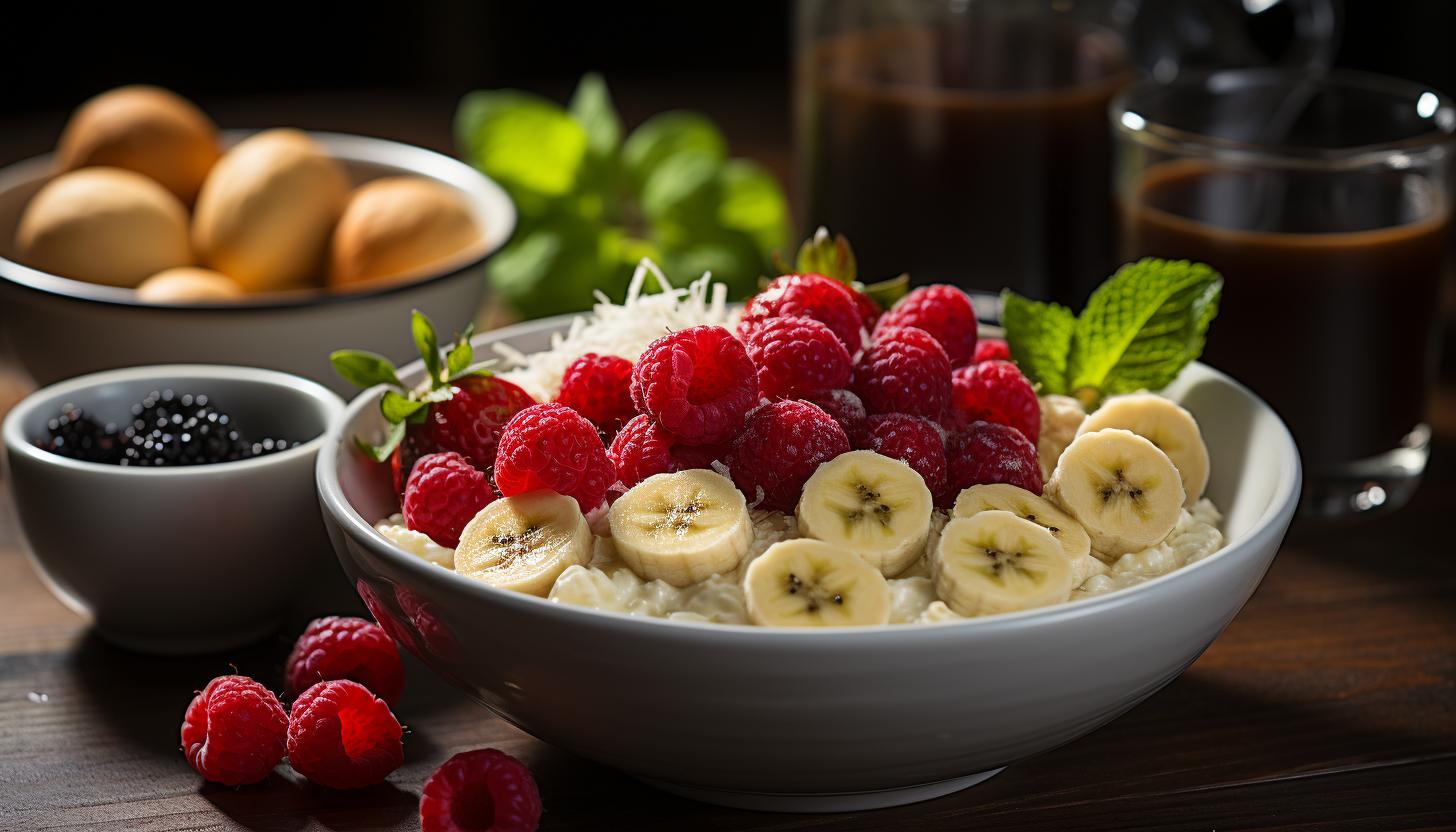
Timing your meals and snacks can have a significant impact on your overall nutrition and energy levels throughout the day. When it comes to fueling your workouts, consuming the right foods at the right time can make a big difference in your performance and recovery.
Before a workout, it’s important to choose optimal pre-workout fuel that provides energy without causing digestive discomfort. Aim for a balance of carbohydrates and protein to give you sustained energy during your workout. Good options include a banana with peanut butter, Greek yogurt with berries, or a small bowl of oatmeal with nuts.
After your run, it’s crucial to replenish your body with nutrient-rich post-run recovery meals. These should consist of carbohydrates to restore glycogen stores, protein to repair muscles, and healthy fats for sustained energy. Some examples include a turkey wrap with avocado and whole-grain bread, grilled chicken with quinoa and roasted vegetables, or salmon with sweet potatoes and steamed broccoli.
Remember that timing is key when it comes to maximizing the benefits of these meals. Aim to consume your pre-workout fuel about 1-2 hours before exercising to allow for digestion. For post-run recovery meals, try to eat within 30 minutes to an hour after finishing your workout.
Hydration Strategies for Runners

Staying properly hydrated is essential for peak performance as a runner, so make sure to incorporate effective hydration strategies into your training routine. Here are three key strategies to help you stay hydrated and perform at your best:
– Drink plenty of water: Before, during, and after your runs, it’s important to drink enough water to replenish the fluids lost through sweat. Aim for at least 8-10 cups (64-80 ounces) of water per day, and increase this amount on hot or longer duration runs.
– Focus on pre-run hydration: Hydrating properly before your run can boost your performance and prevent dehydration. Drink 16-20 ounces of water or a sports drink about two hours before you start running. This will give your body enough time to absorb the fluids and ensure that you start off well-hydrated.
– Consider electrolyte replacement: Electrolytes like sodium, potassium, and magnesium play a crucial role in maintaining fluid balance in the body. When you sweat excessively during long or intense runs, these electrolytes can be depleted. Consuming sports drinks or electrolyte supplements can help replace these vital minerals.
Fueling During and After Your Runs

To optimize your performance and aid in recovery, it’s important to refuel with a combination of carbohydrates and protein after your runs. Both nutrients play crucial roles in replenishing energy stores, repairing muscle tissue, and promoting muscle growth. Consuming a post-run meal or snack within 30-60 minutes of finishing your run is ideal for maximizing these benefits.
When it comes to pre-run snacks, the focus should be on easily digestible carbohydrates that provide a quick source of energy. Opt for options like a banana, a slice of toast with jam, or a small bowl of oatmeal with berries. These snacks will give you the fuel you need without weighing you down.
After your run, aim to consume both carbohydrates and protein to facilitate recovery. Good choices include a turkey sandwich on whole grain bread, Greek yogurt with fruit, or a protein shake made with milk or plant-based milk alternatives.
Including these macronutrients in your post-run refueling routine can help replenish glycogen stores and repair damaged muscle fibers. This will not only enhance your overall performance but also accelerate recovery time between workouts.
Remember to listen to your body’s cues and adjust portion sizes based on individual needs. Fueling properly before and after runs is an essential component of any runner’s training regimen.
Conclusion
In conclusion, fueling your body properly is essential for weight loss as a runner. By balancing your macronutrients, timing your meals and snacks, and staying hydrated, you can optimize your performance and shed those extra pounds.
However, it is important to remember that everyone’s journey is unique and what works for one person may not work for another. So don’t get discouraged if you face any setbacks or challenges along the way. Keep pushing forward and stay committed to achieving your goals.
Remember, with the right nutrition and determination, you can achieve the weight loss results you desire.

